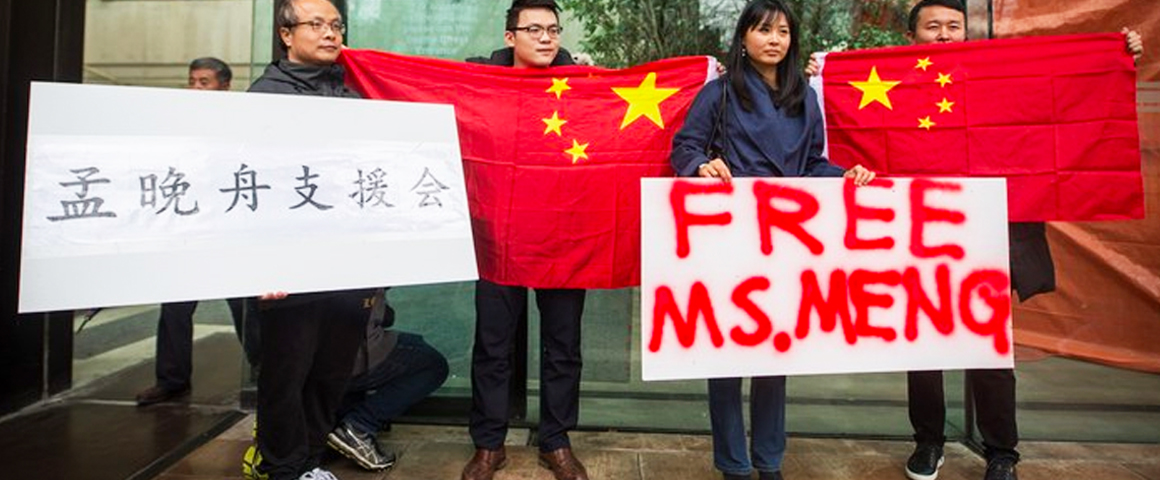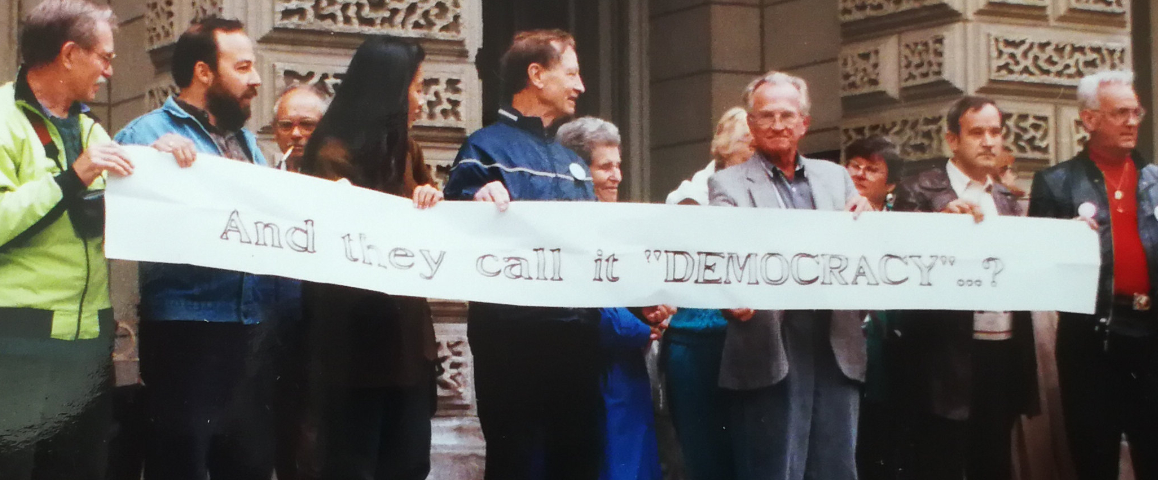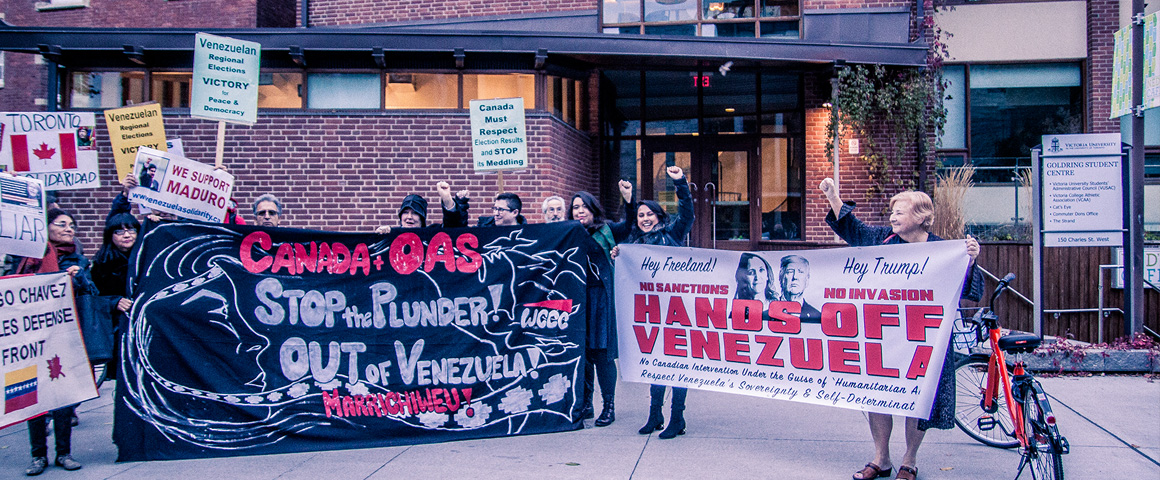Just as many observers believed from the moment Huawei executive Meng Wanzhou was arrested in Vancouver at the request of U.S. authorities, this case had “political interference” written all over it. Outraged denials by PM Justin Trudeau and Foreign Affairs Minister Chrystia Freeland did nothing to erase that perception, especially after Canada’s Ambassador to China, John McCallum, openly admitted that Meng’s lawyers had strong legal arguments to demand her release, instead of being extradited to face trial in the United States. McCallum pointed to three factors: Donald Trump’s political involvement in the case, the fact that the arrest was made outside US territory, and the reality that Canada has not signed on to the Iran sanctions presented to justify Meng’s arrest.
The denials from Trudeau and Freeland were based on the claim that Canada enjoys the “rule of law” – the argument that politicians here never cross the barrier to meddle in the legal system. For over 150 years, however, politicians have repeatedly run interference for powerful corporate interests in Canada, so their claim rang hollow from the beginning.
And then came the SNC-Lavalin scandal, removing any shred of deniability. According to the Globe and Mail, the Minister of Justice was pressured in some way by the Prime Minister’s Office to use a new Liberal legal escape clause to let the giant engineering firm off the hook for prosecution on one of the many corruption charges the company has faced. When she apparently refused to cooperate, Wilson-Raybould was demoted, then decided to resign. The details of this scandal are far from being clear, but its relevance to the Meng Wanzhou case is obvious. The only true “rule of law” in Canada is the old “Golden Rule” maxim – those with the gold make the rules. Canada should accept the inevitable and release Meng Wanzhou immediately.




